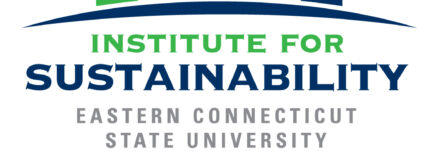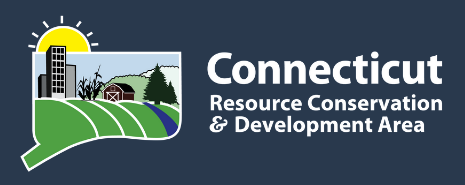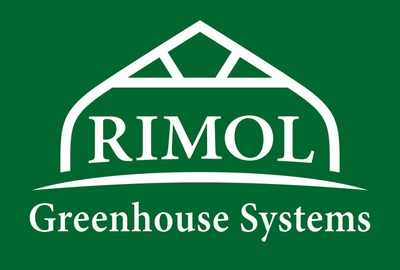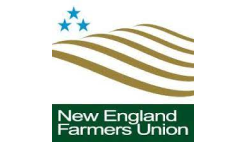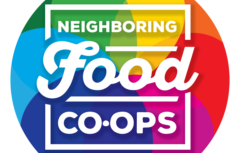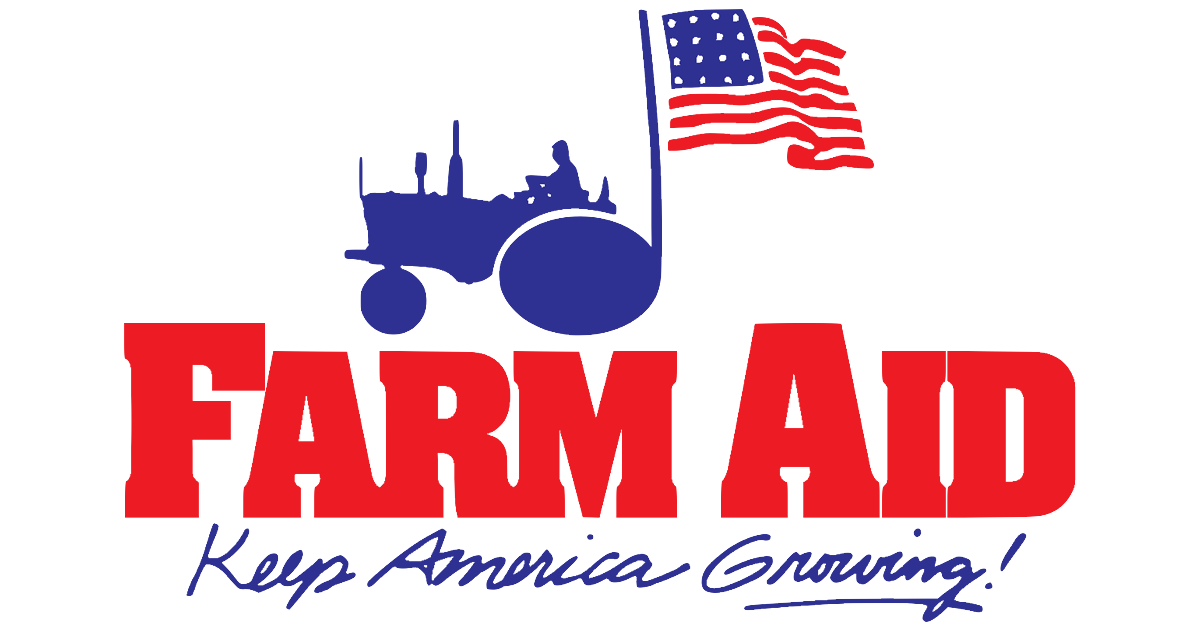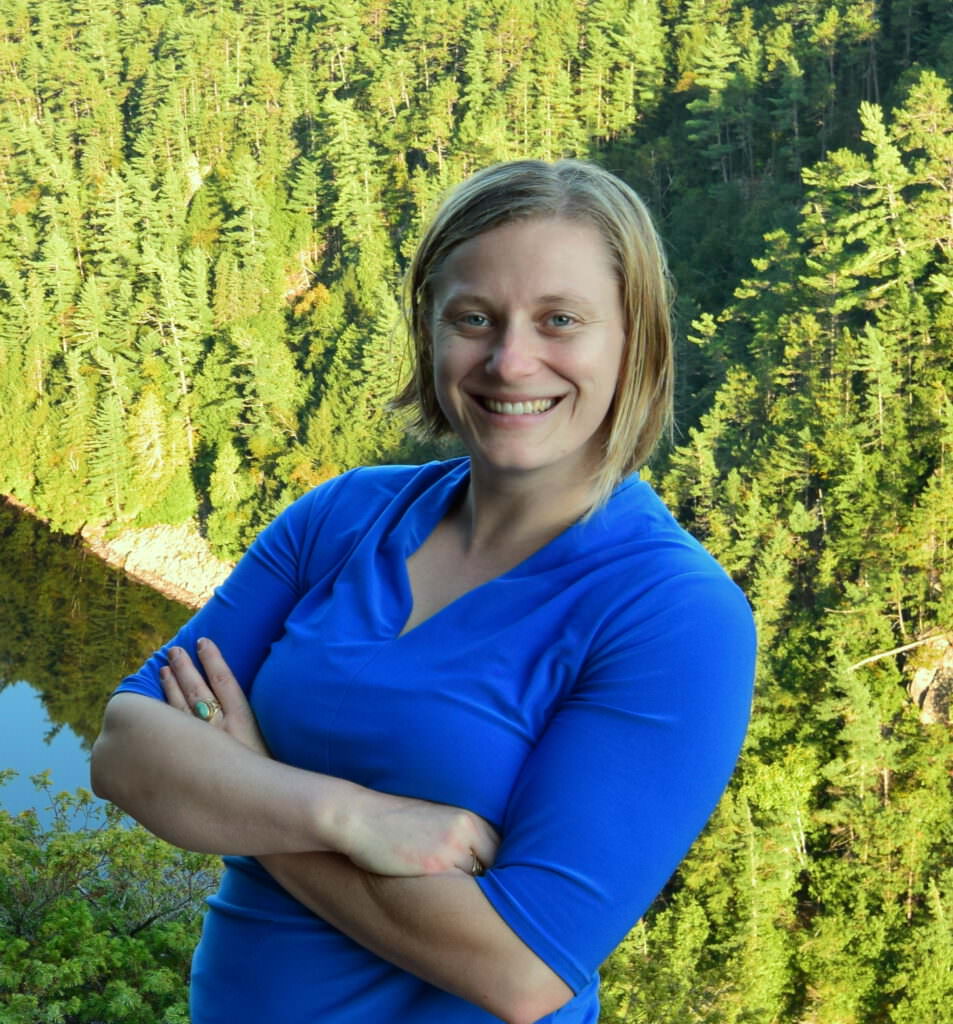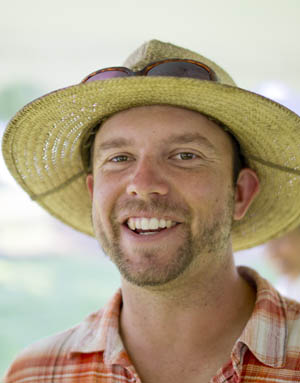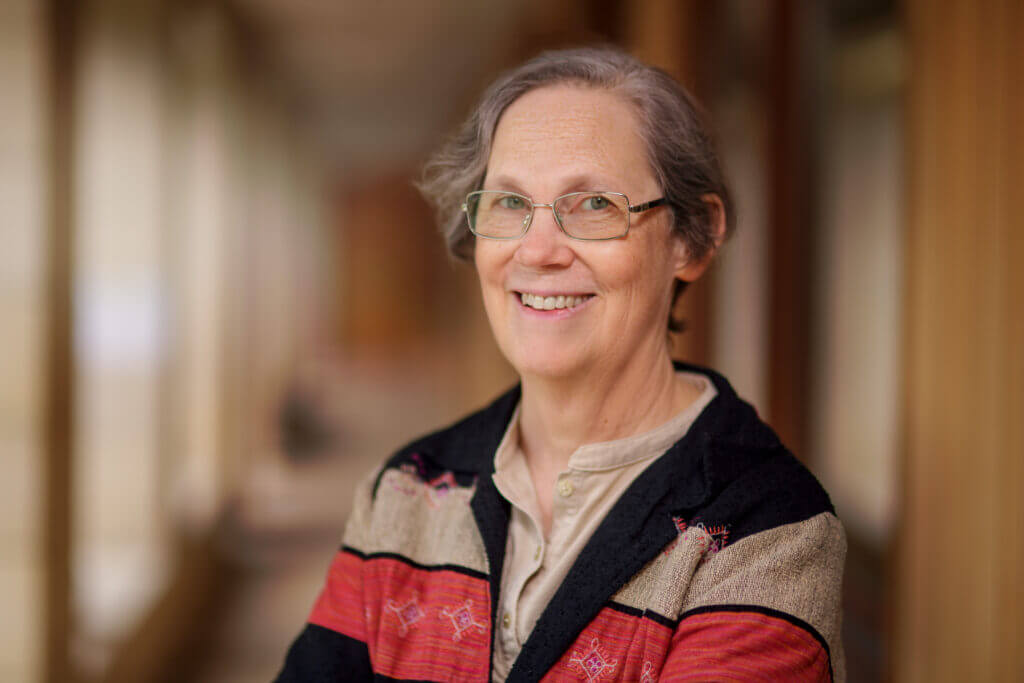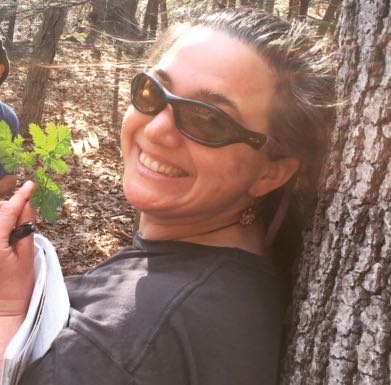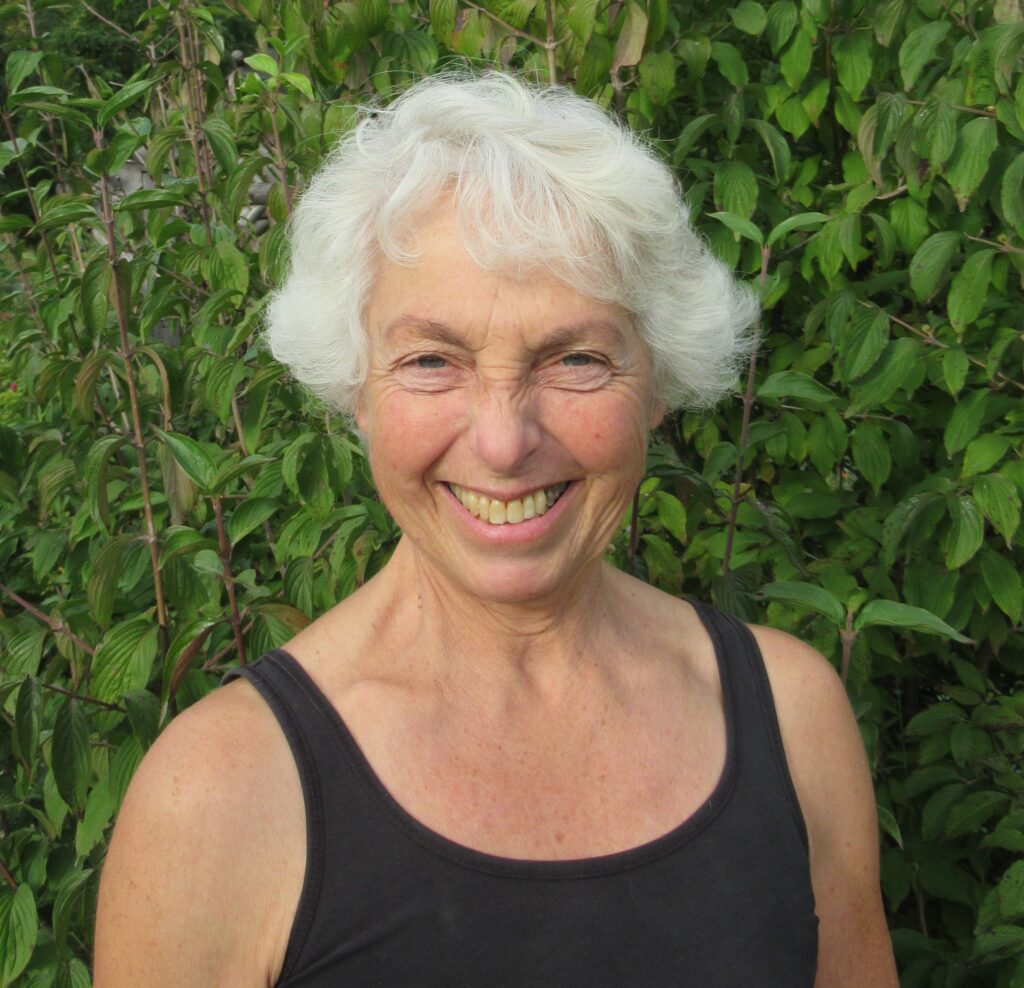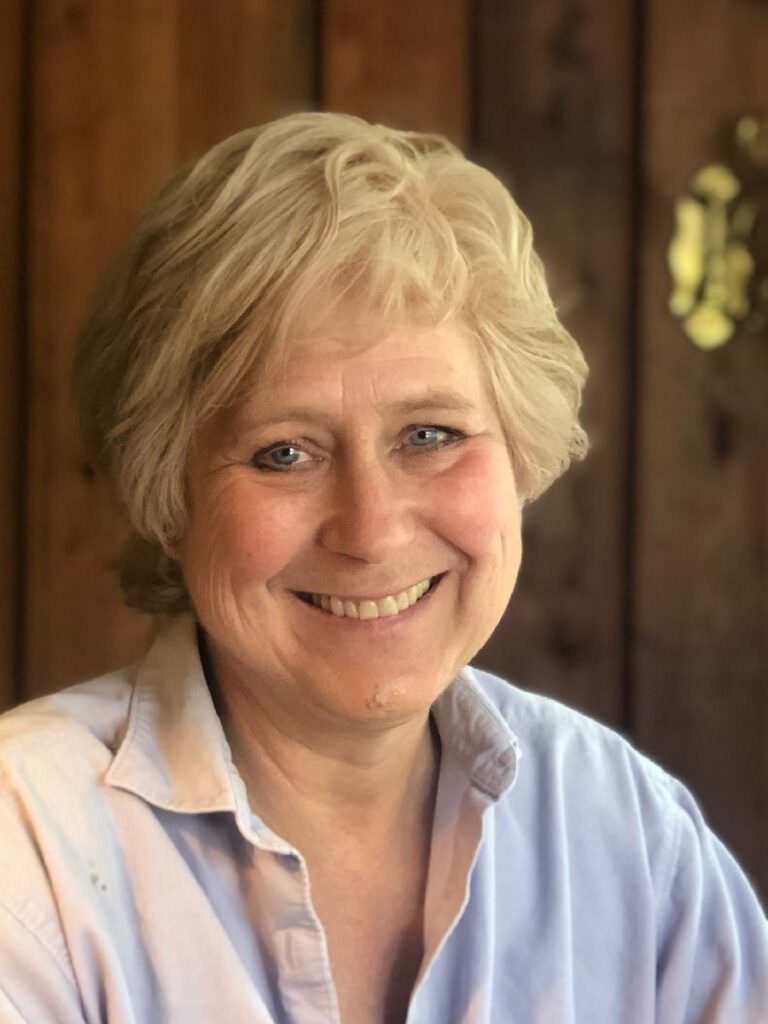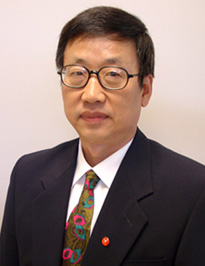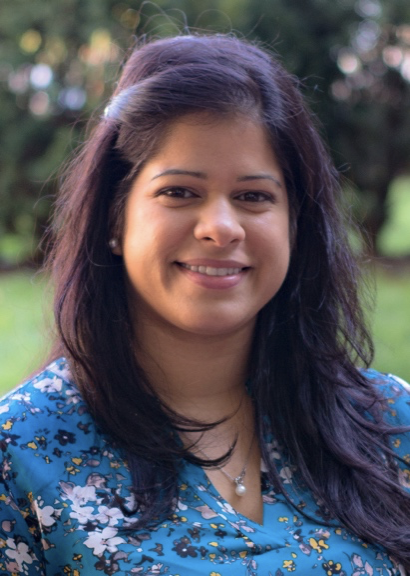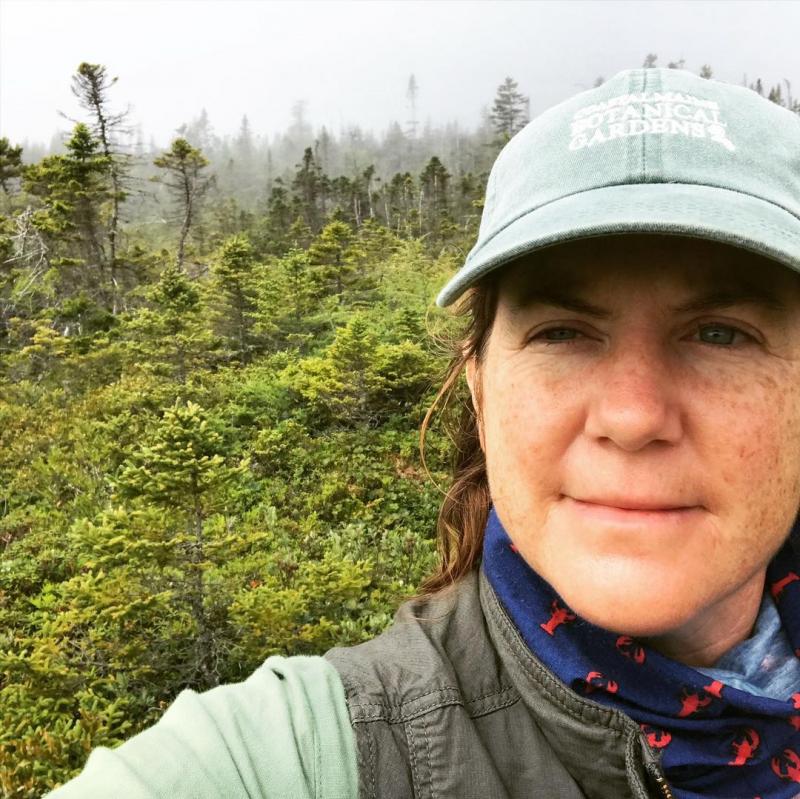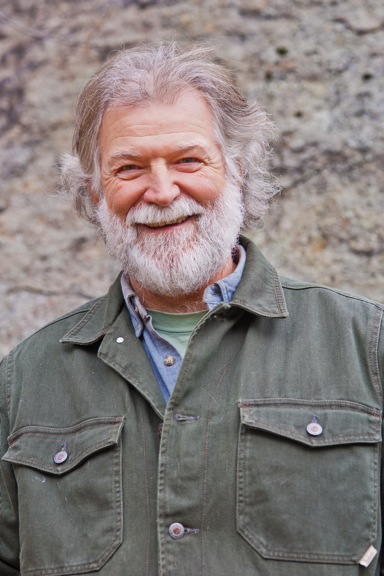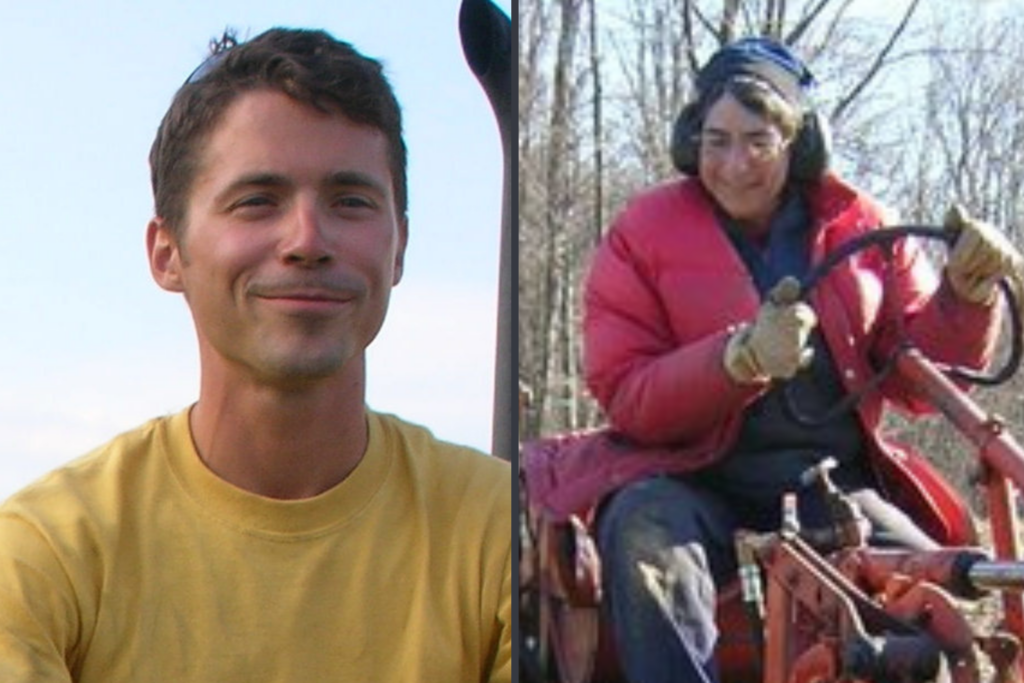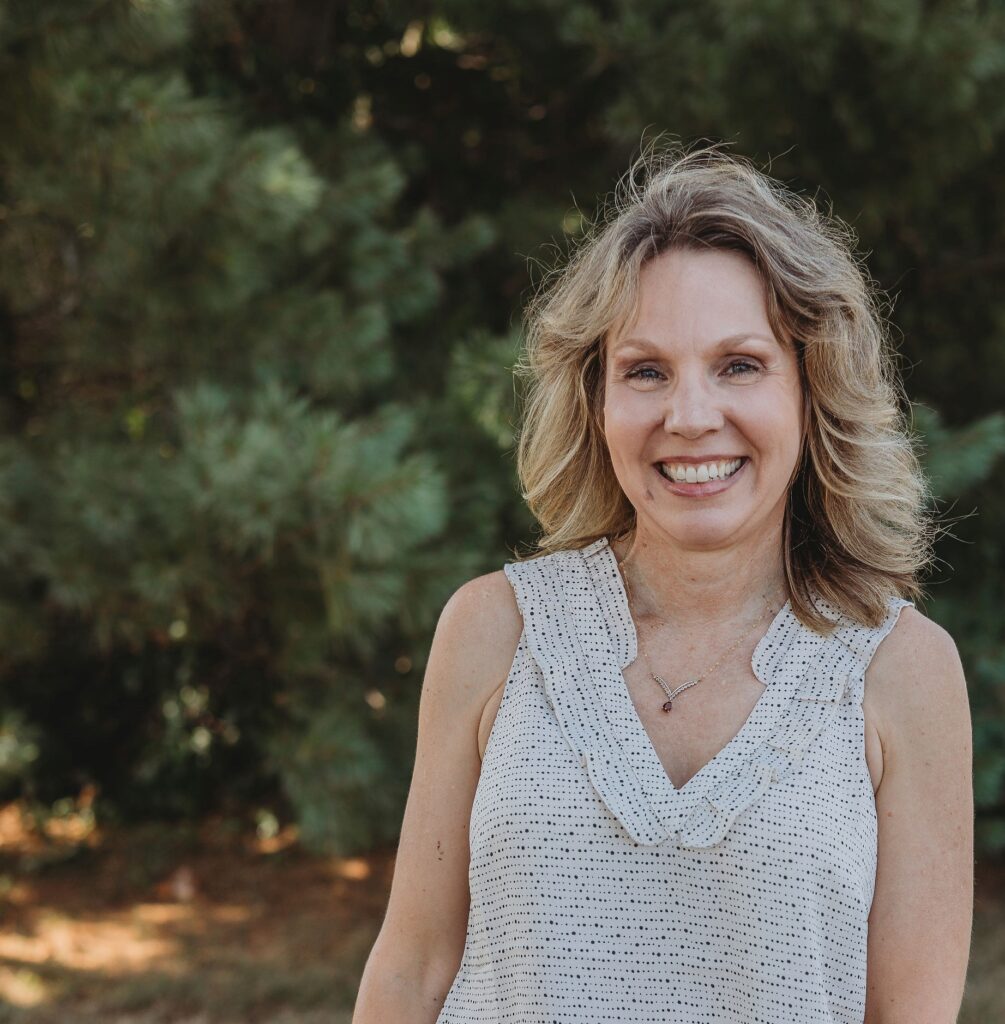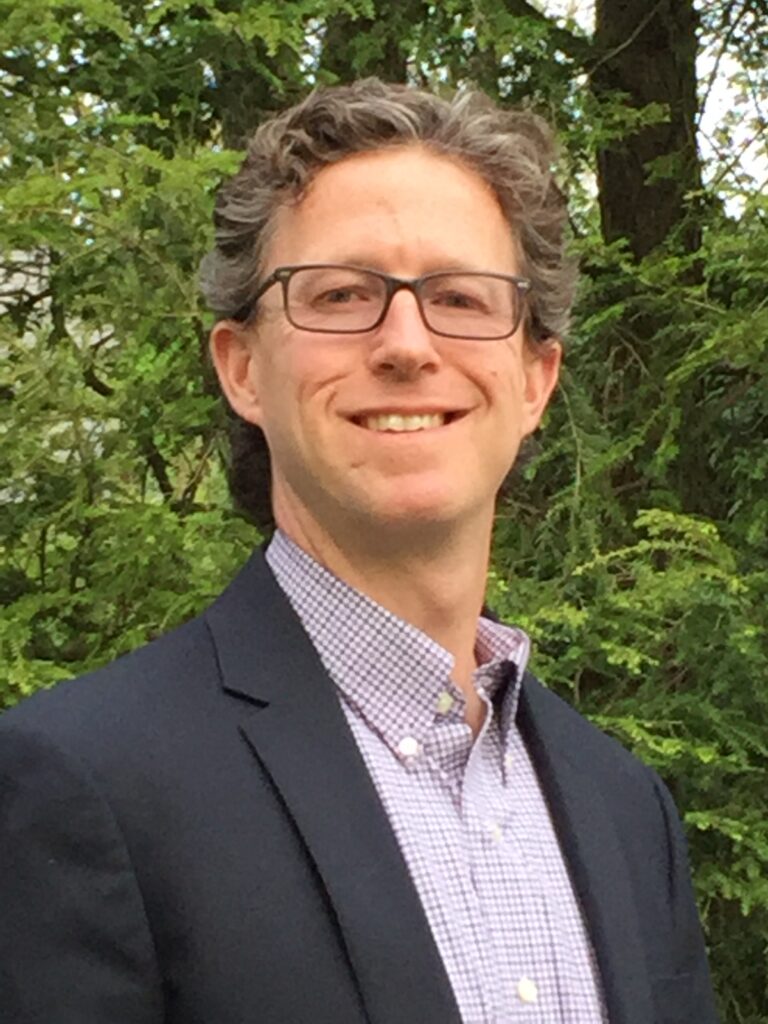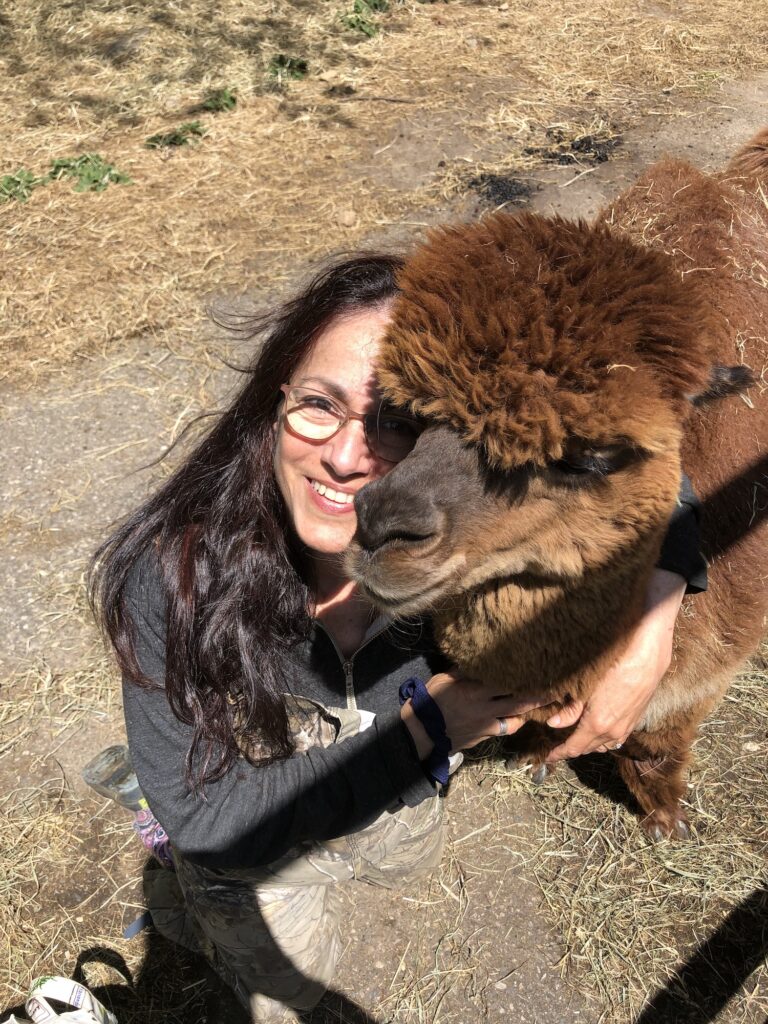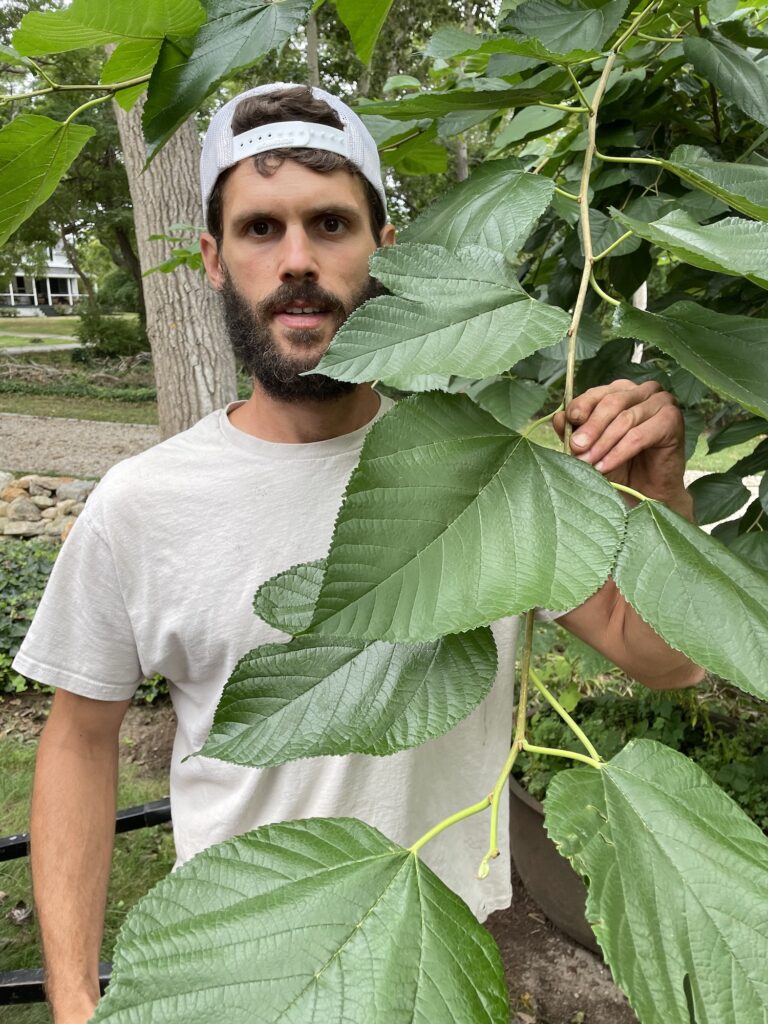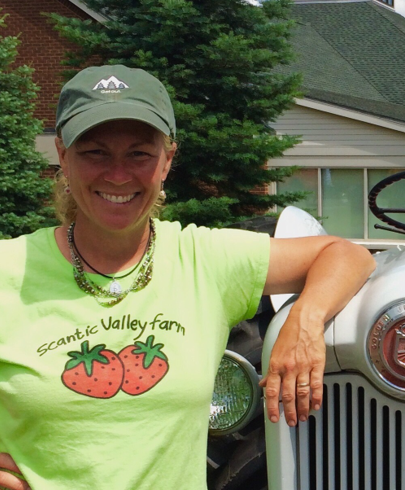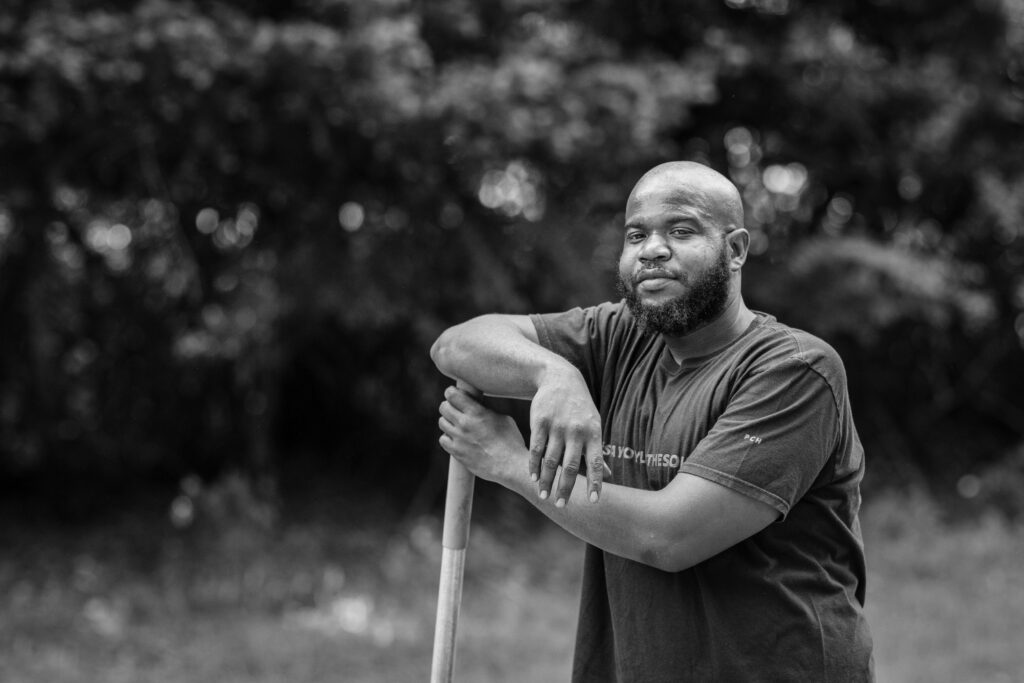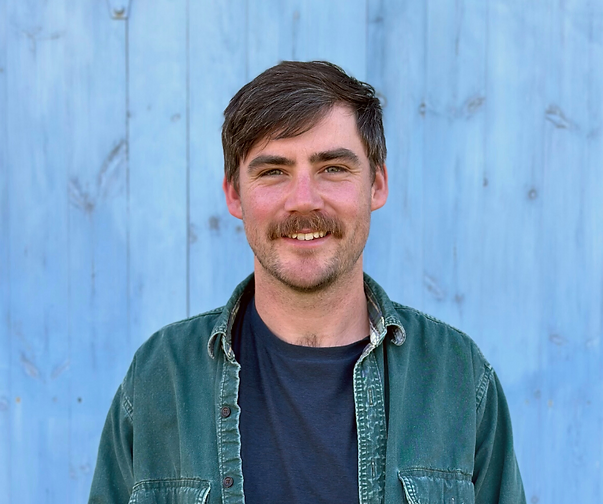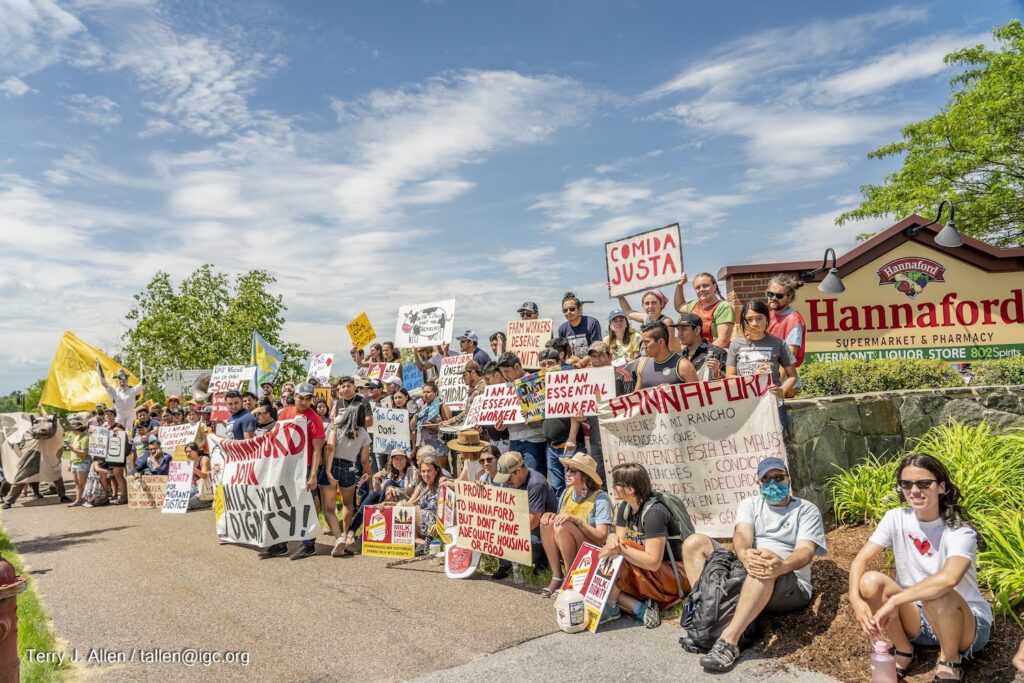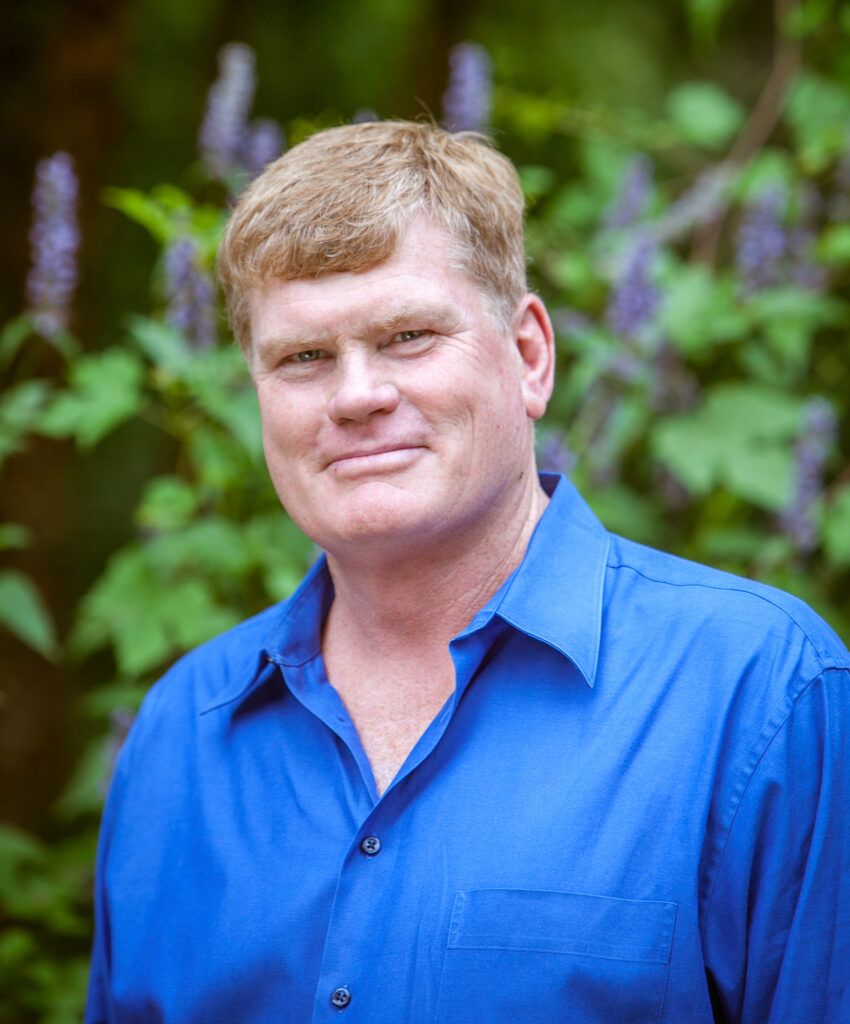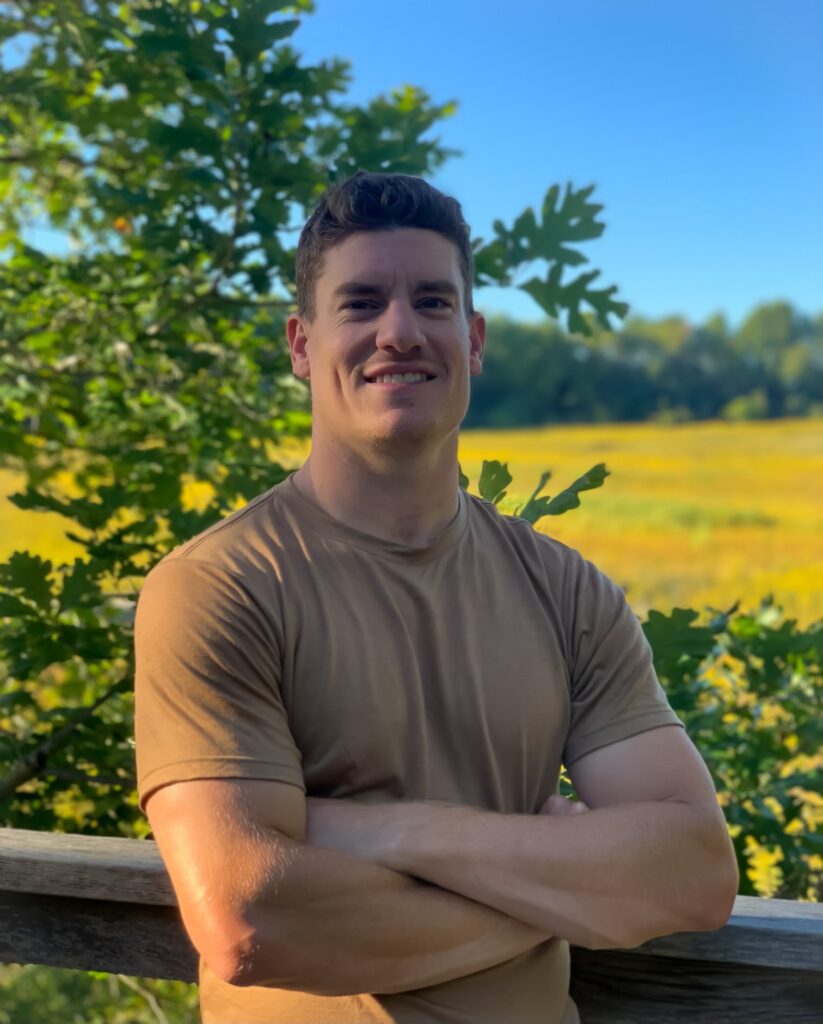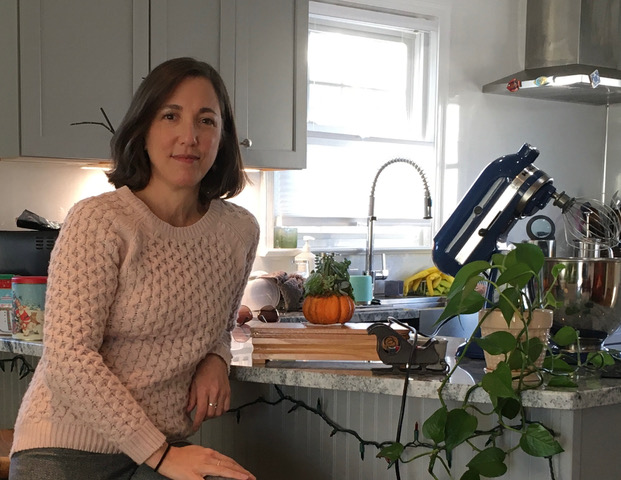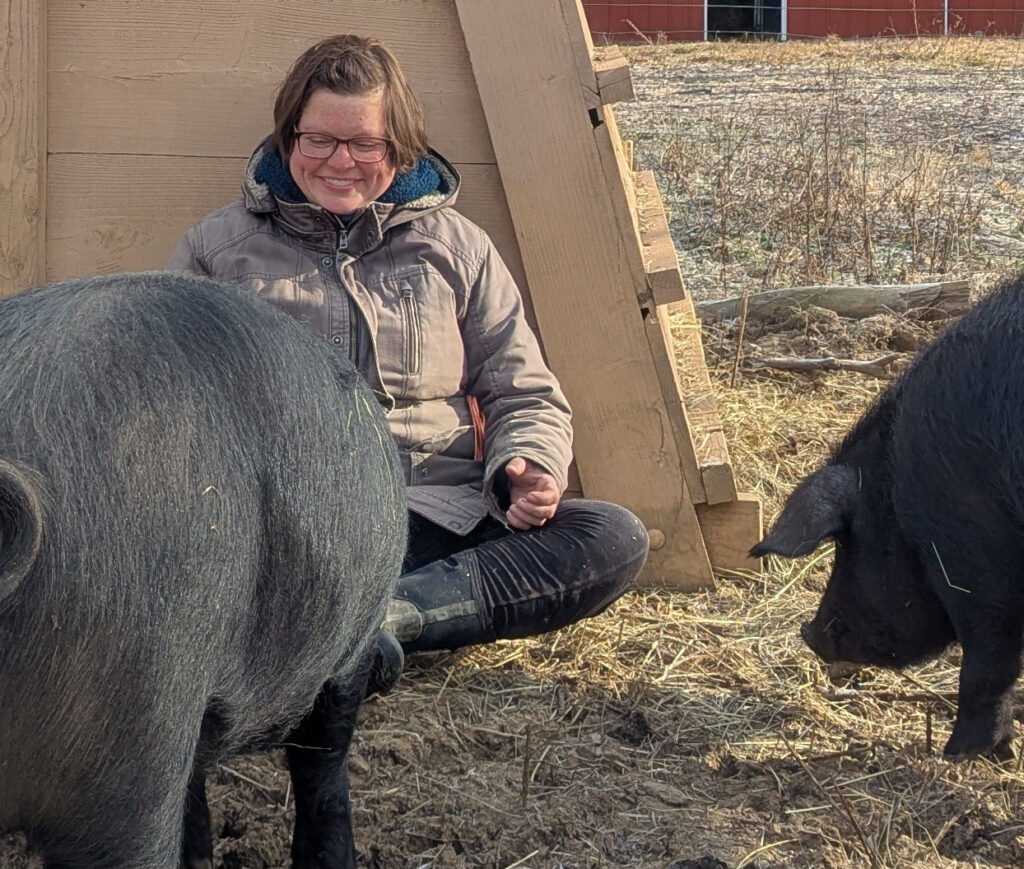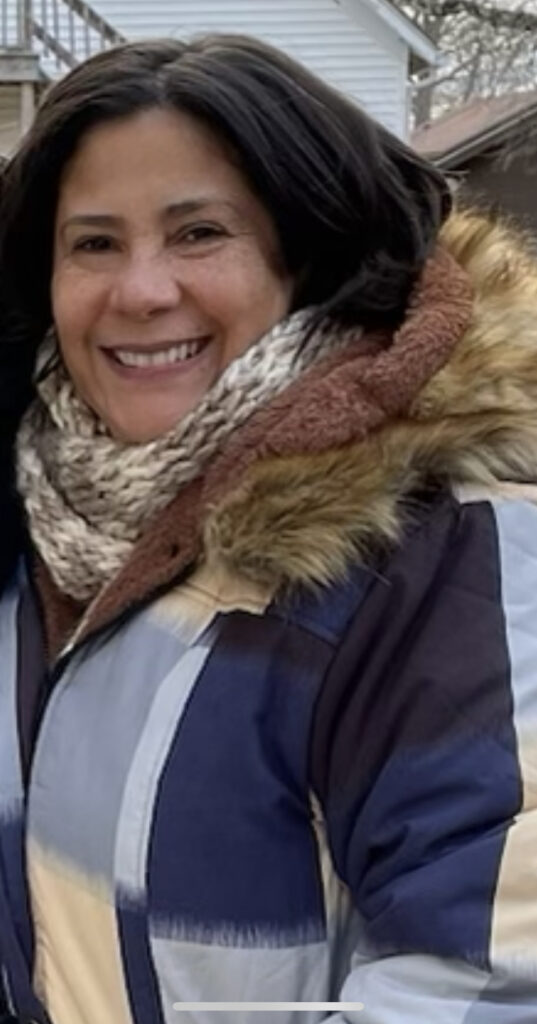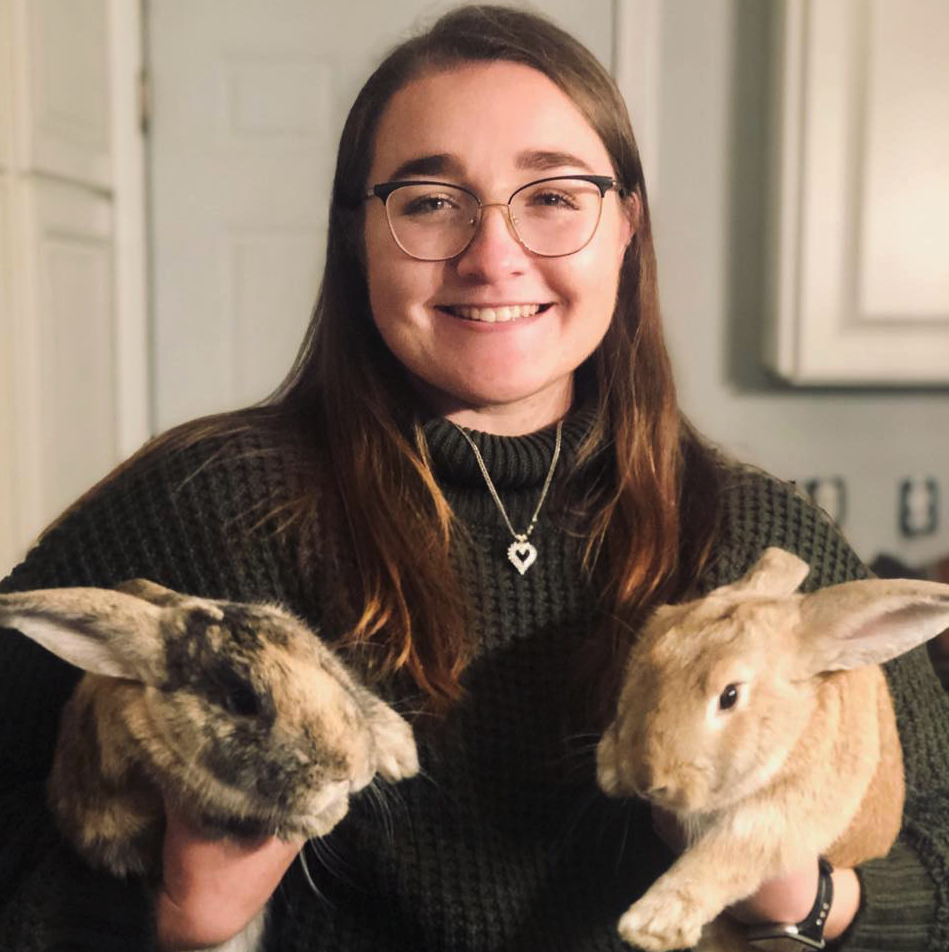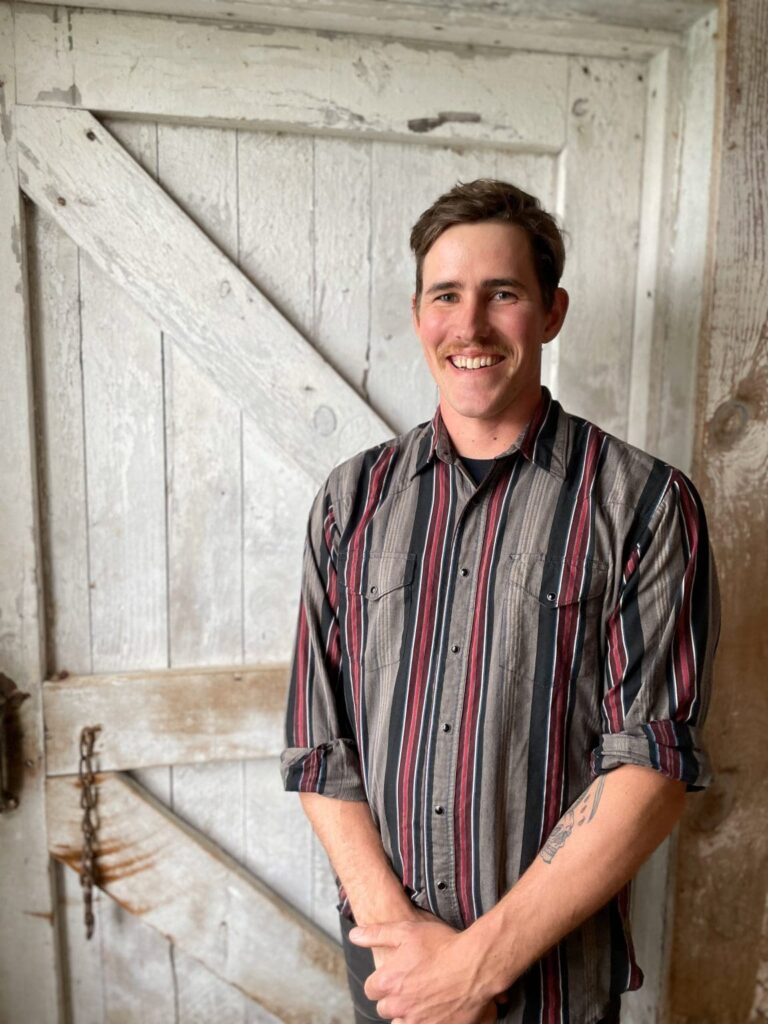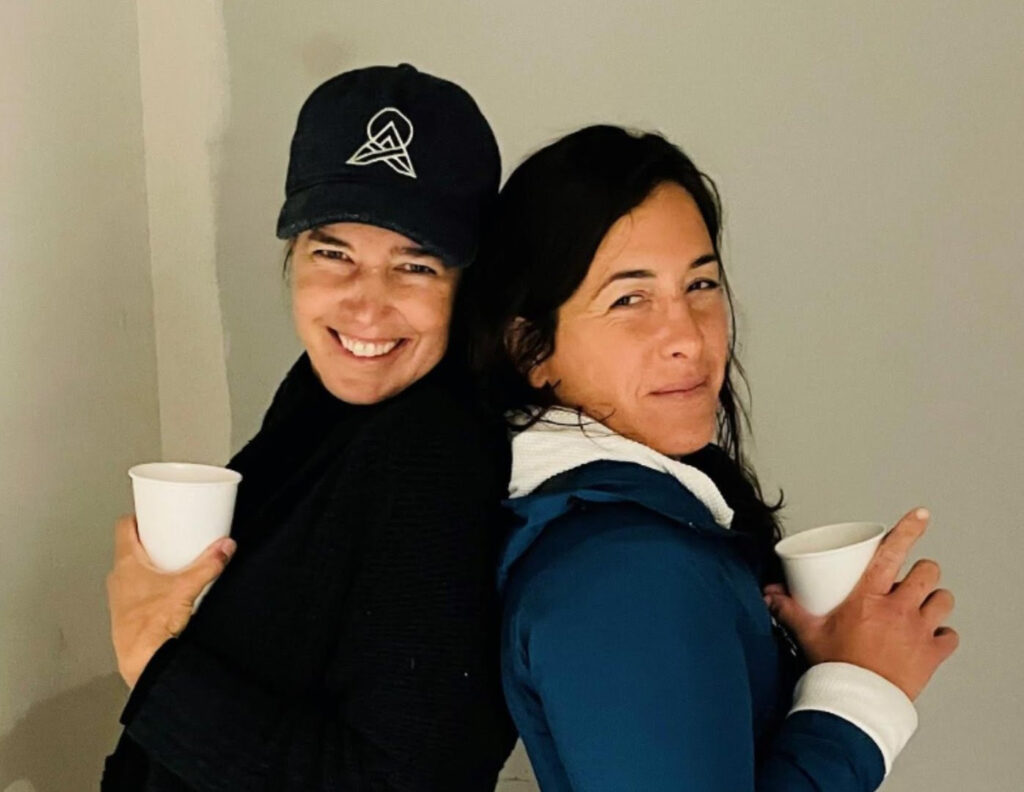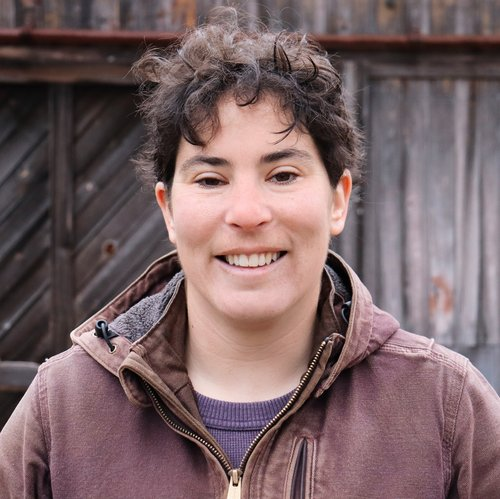
Speakers
SPEAKERS AT THE 41ST CT NOFA WINTER CONFERENCE
Annise Dobson
Jumping Worm Identification
Dr. Annise Dobson is a postdoctoral associate in the Yale School of the Environment. She studies the impacts of invasive species and climate change on food webs and soil. She is originally from the Ottawa Valley in Ontario, Canada, and received her masters and PhD from Cornell University.
Dr. Ana Legrand
The Who, Why, and How of Insect Parasitoids
Dr. Ana Legrand is an entomologist with expertise in IPM and biological control. She obtained her PhD in entomology from the University of Maryland and currently works in the Department of Plant Science and Landscape Architecture at UConn. Research projects in her lab focus on conservation biological control and trap crops for brassica and cucurbit insect pests.
Steve Munno
Feed Your Community with SNAP Online
Steve Munno is the Farm Manager at Massaro Community Farm in Woodbridge, Connecticut, a non-profit, certified organic farm, which operates a CSA, sells to local markets, offers on-farm educational programs and events, and donates at least 10% of its annual harvest to hunger relief organizations. Steve was a co-founding member of the New CT Farmer Alliance and currently serves as a CT NOFA board member.
Dr. Kimberly Stoner
Policy for an Organic Connecticut
Kim Stoner has been the Director of Policy & Advocacy for CT NOFA since January, 2023. She is a former CT NOFA Board member and co-founder of the Organic Land Care Program, as well as a long-time activist for climate, environment, and peace. She is a retired scientist at the CT Agricultural Experiment Station.
Melody Wright
Introduction to Growing Medicinal Herbs: Focus on Herbs for Seed Saving
Melody Wright is the founder of Pleasant Valley Botanicals, a “farmlet” in northwest Connecticut committed to growing vibrant medicinal and culinary herbs for the local community. Melody is passionate about growing and teaching about plants because of her belief in medicinal herbs as integral parts of affordable and holistic health care and agricultural systems.
Dani Baker
Integrating Nitrogen-Fixing Plants in Diverse Settings
Dani Baker is a self-taught organic farmer who began planning and planting her “Enchanted Edible Forest” in 2013. With ten year’s experience growing perennial food plants, her book, The Home-Scale Forest Garden: How to Plan, Plant, and Tend a Resilient Edible Landscape, was published by Chelsea Green in May, 2022.
Monique Bosch
Soil Health 3-Ways
Monique has built over 30 edible school and community gardens and farms around the northeast, including a 2-acre urban farm in Bridgeport, CT. These days she works as a Soil Health Program Manager for CT NOFA and runs a worm composting business with her son, Justin. She also teaches Soil Management for Brooklyn Botanic Garden and Berkshire Botanical Gardens. She studied ‘The Soil Food Web’ under Dr. Elaine Ingham and teaches microscopy, soil health, and composting to farmers and organizations. Through microscopy and test trials, Monique explores the relationship between living soil and healthy, nutritious food.
Dr. Yonghao Li
Organic Plant Disease Control
Dr. Yonghao Li, a plant pathologist, runs the Plant Disease Information Office at the Connecticut Agricultural Experiment Station in New Haven, Connecticut. He has more than 30 years of experience in gardening, disease diagnostics, and pest management.
Sherlene Rodriguez
Setting Prices to Support Profitability
Sherlene joined The Carrot Project in 2025 to learn about farm and food business advising, to advise farm and food clients in Connecticut, where she lives, and in surrounding states. She is enjoying working alongside Carrot’s current clients and business advisors. With two decades of program and project management experience in biotechnology and the non-profit sector, Sherlene transitioned her career in 2019 to focus on food systems and agriculture. Her dedication lies in implementing solutions that address system sustainability, food justice, environmental justice, and health justice.
Irene Barber
Resilient Landscapes in Built Environments
Irene Brady Barber, horticulturist, landscape designer, and Registered Horticultural Therapist, manages the Adult Education Program for Coastal Maine Botanical Gardens in Boothbay, Maine. Irene has also been running an ecological design and consulting business, Greenscapes Design LLC, since 2007. Irene loves learning from people and nature, and immersing herself in endless horticulture and ecological research.
Mike Nadeau
Creating Landscape Solutions, Not Mistakes
Mike Nadeau is a long-time practitioner of conventional and organic land care (56 years and counting). He transitioned to organic land care in 1982 and is a founding member of the CT NOFA’s Organic Land Care (OLC) program. He has served as an OLC course instructor and is a grateful recipient of NOFA awards. He is a lifetime student of Nature.
Jon Magee & Elizabeth Henderson
Planting Fairness: Fair Labor Practices to Build Up Your Farm Team
Elizabeth Henderson and Jon Magee are the technical assistance team at the Agricultural Justice Project. Elizabeth is a member of the NOFA Interstate Council and farmed at Peacework Farm (NY), one of the first farms in the country to offer a CSA program. Jon is a farmer and community organizer in Massachusetts.
Cara Joseph
Food as Medicine
Cara Joseph is a Registered Nurse, Exercise Physiologist, Advanced Nutrition Response Testing Practitioner, and is certified in Whole Food Nutrition through the International Foundation for Nutrition and Health. She believes in the wisdom of Mother Nature and the innate power of our bodies to heal themselves.
Scott Thompson
Agrivoltaics: A Nexus of Energy, Agriculture, and Water Conservation
Mr. Thompson is practicing professional civil engineer and a certified sustainability professional. He is a CT NOFA member and resides in Fairfield, Connecticut, where he previously served as the chair of the Town’s Sustainability Task Force.
Judy Apicella
Homesteading with Alpacas and Herbs
Judy Apicella is a Master Herbalist, a Nutritionist with a Master’s in the Science of Nutrition, a researcher, author, and alpaca farmer. She started her company Home Harvested Herbals in the Wise Woman tradition, originally sharing remedies with friends and family. This led to her helping over 200 people recover from Chronic Lyme with her herbal formula for which she was awarded a grant from the State of Connecticut to research through the University of Bridgeport. As a nutritionist she creates individual plans based on biochemistry and symptoms to help people with Lyme disease, hormonal issues, gut issues, eczema, and more. Her herbal formulas play a key role in this healing. Along with her son and husband she created a sanctuary for alpacas at her home. Bella Alpacas has rescued many alpacas and is now home to 15.
Dave Scandurra
Best Edible Perennials for Foodscaping in the Northeast
Dave Scandurra formed Edible Landscapes of Cape Cod over 10 years ago with the simple mission of helping people grow food. Dave has developed an obsession with edible perennial plants. He has grown and worked with over 300 hardy edible perennial plant species and loves sharing what he’s learned.
Nancy Barrett
Getting to the Root Series with UConn Extension's Solid Ground Program
Nancy owns Scantic Valley Farm with her family out in Somers, Connecticut. Passed down from her family, they continue the using the land to specializes in all-natural grass-fed beef with heritage Belted Galloway cattle, heritage Tamworth hogs, and fresh local eggs.
Nancy works with the Solid Ground program in helping to organize some of the trainings that are run for farmers throughout the region and coordinating informational videos that inspire at home learning for the farming community.
Richard Myers
Microgreens 101
Richard was born on an island where everyone is dependent on nature, so he was able to understand the importance of having one’s own crops, whether it is to feed the family, to donate, or sell. Seeking an education that would match his love for plants led him towards horticulture.
Walker Cammack
Forest Farming: At-Risk Herbs Under a Forest Canopy
Walker Cammack is a coordinator for the Northeast Forest Farmers Coalition and the Director of the Living Lab at the Smokey House Center in Danby, Vermont. He is a recent graduate of the Yale School of the Environment, where he studied forestry, forest ecology, and agroforestry systems.
Migrant Justice
Migrant Justice & Milk with Dignity
Migrant Justice is a grassroots community organization founded by and led by the immigrant farmworker community working on dairy farms in Vermont. Our mission is to build the voice, capacity, and power of the farmworker community and engage community partners to organize for economic justice and human rights.
Dr. Laney Siegner
Food and Farming in a Changing Climate
Laney recently completed her Ph.D. at the U.C. Berkeley Energy and Resources Group. She researches sustainable, agroecological food systems and climate change education, and completed several summers of sustainable agriculture work while researching for her dissertation. She has published book chapters on teaching climate change in U.S. K-12 classrooms and on conducting participatory agroecology research.
Alex, Maria, and Tim
Huneebee Project ⏤ Beekeeping in the Urban Environment
Alex (she/her) is a Junior Beekeeping Instructor with HBP and a photographer who loves to photograph honeybees.
Maria (she/her) is a Beekeeping Apprentice with HBP who enjoys how calming honeybees are.
Tim (he/him) is the Lead Beekeeping Instructor for HBP and loves when his bees recognize him.
Freedom Gerardo
Navigating CT FarmLink for Land Access & Farm Growth
Freedom Gerardo is co-founder of SEAmarron Farmstead and E&G Community Builders, both of which were founded with one thing in mind: building people power in BIPOC communities. His life is dedicated to organizing youth, teaching them about their individual and collective power – and the power and potential of their communities. Coming from a career focused on ending food insecurity, he is now building a multi-layered, long-term agenda to leverage farming and community organizing to build power and reimagine a new justice and equity centered food system connected to a regional economic ecosystem and revolution in natural building, materials, medicines, and urban revitalization.
Jay Archer
Ecological Restoration: Healing the Waters, Caring for the Land
Jay Archer is an advocate for ecological landscaping, native plants, and organic horticulture. He founded Green Jay Landscape Design, a boutique ecological landscape design, build, and restoration firm. Jay’s commitment to biodiversity and natural resource conservation inspires his work as a landscape ecologist and environmental educator.
Sean Breckin
Organic Turf Care: Practical Approach ⏤ Proven Products
Sean is a NOFA AOLCP currently working on organic turf care with PJC Organic. Sean earned his Plant Science degree from the University of Delaware with a Political Science Minor. A former landscape business owner and ASHS Certified Horticulturist, Sean hopes to educate professionals on the long-standing benefits of operating organically.
Christine Dzujna
Policy and Regulatory Tools for Small Food Producers
Christine is a paralegal and certified compliance professional. She obtained a master’s in Food Studies at NYU and is a legal and policy manager at Farm-to-Consumer Legal Defense Fund, helping farmer and food producer members across the country navigate the food regulations that govern their ability to get their products to their customers.
Dr. Danielle Larese
UNDERSTANDING CT STATE AND FEDERAL MEAT PROCESSING REGULATIONS: A COMPREHENSIVE GUIDE FOR LIVESTOCK FARMERS
Danielle Larese owns and operates BOTL Farm, a pasture-based livestock farm in Connecticut where she rotationally grazes pigs, sheep, goats, and laying hens. Her farm is Animal Welfare Approved for all species and Certified Grass Fed for the ruminants. Danielle graduated from Yale University in 2013 with a PhD in molecular physics.
La Dra. Ivette Ruiz
Asegurar Nuestras Semillas Latinx / Securing Our Latinx Seeds
La Dra. Ivette Ruiz quiere usar sus experiencias para ayudar a otros encontrar alimentos y semillas culturales étnicos que nos curan y nos conectan con nuestros ancestros. Ella es la fundadora de Healing By Growing Farms. Una granja experiencial para sobrevivientes de lesiones cerebrales traumáticas y personas con discapacidades.
AliRose Grabarz
An Overview of Connecticut Department of Agriculture's Services and Programs
AliRose Grabarz came to the CT Department of Agriculture in October of 2021. Before DOAG, she studied Animal Science and Agricultural Economics at the University of Connecticut where she received her bachelor’s and master’s degrees. At DOAG, AliRose manages grant programs for the advancement of CT farms and promotion of agricultural viability in Connecticut.
Will O’Meara
Land Access: Strategies for Security on Land
Will’s farming roots go back to high school on Waldingfield Farm in Washington, CT. In 2020, Will and his partner founded Hungry Reaper Farm, where they grow 8 acres of vegetables in Morris, CT. Will served on the Steering Committee of The New Connecticut Farmer Alliance, a chapter of the National Young Farmers Coalition, from 2017 to 2023, finally serving as president from 2020-2023. Will continued his work with Young Farmers as a Land Advocacy Fellow in the lead up to the 2023 Farm Bill (still waiting…). He is the Chair of the Farmland Preservation Advisory Board, sits on the Working Lands Alliance Steering committee, and serves on the Farm Service Agency State Committee. Will is adamant that bold action needs to be taken to improve farmland access and affordability as well as agricultural viability, and that local food must be affordable and available to all.
Sefra Alexandra & Dina Brewster
Forest Farming Meetup: Building the Restoration Seed Supply Chain in Connecticut
Sefra Alexandra – The Seed Huntress – is an ethnobotanist on a perennial quest to preserve the biodiversity of our wild and cultivated lands through seed conservation. Sefra is the co-founder of The Ecotype Project (which began as a CT NOFA initiative), the mission of which is to increase the amount of ecoregionally local native seed available for ecological restoration through the farmer-led Northeast Seed Collective. In 2020 she began BOATanical Expeditions, ‘paddlin’ for the pollinators,’ planting autochthonous species along riparian corridors. She started the Southport Globe Onion Festival- reviving the prolific allium heirloom in its origin terroir. Sefra has conducted fieldwork around the globe, including fortifying community seed banks on island nations after natural disasters. The Seed Huntress holds her M.A.T. in agroecological education from Cornell University, is the Northeast Bioregional Education Coordinator for the Ecological Health Network, is on the steering committee of the Northeast Seed Network, is a fellow of the Crop Trust, and is a WINGS WorldQuest expedition flag carrier and member of the Explorers Club.
Dina Brewster founded The Hickories in Ridgefield as a one acre vegetable garden and has overseen the development of new products and new acreage as the farm business has grown, including the farmer-led Northeast Seed Collective, making ecotypic restoration seed locally available in ecoregions 59 | 58 & 84. Committed to connecting people with working land, the Brewsters have stewarded The Hickories since 1936. She is the former Executive Director of CT NOFA. In an effort to strengthen the resilience of her family farm, she co-founded the Ecotype Project, a program at a non-profit partner Northeast Farming Association of Connecticut (CT NOFA). The Ecotype Project consulted and oversaw the initial development of protocols at Dina’s farm and soon many others – and the efforts of this program resulted in more farmers growing restoration seed throughout the region. Farmers growing this ecotypic seed then share the work of labeling and distributing that seed – work that is done by the Northeast Seed Collective, a business Dina now runs out of her farm.
Rachel Berg
Finding Your Market
Rachel Berg is a Connecticut local, hailing from the Greater New Haven area. After stints WOOFing, managing CitySeed farmers markets, working at Massaro Community farm in Woodbridge, and attending UVM’s Farmer Training Program, Rachel founded Four Root Farm. She is the main vegetable grower (meaning: she runs the show!), instinctively keeping everyone’s schedules in her giant brain, and fastidiously managing every single dollar that comes into or leaves this farm. In addition to growing food, Rachel runs every day, has an encyclopedic memory for presidential history and overly-complicated TV show plot lines, and loves solving puzzles and games of any kind.


